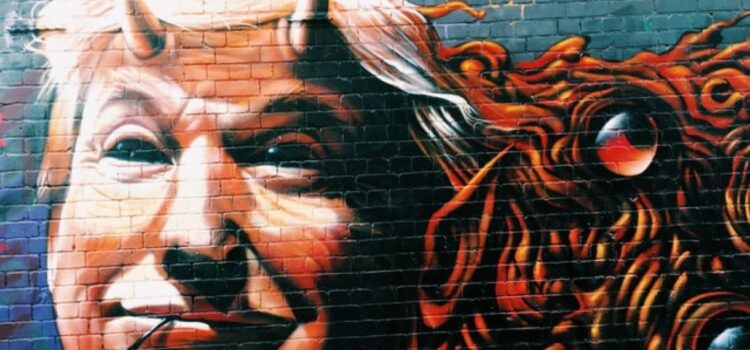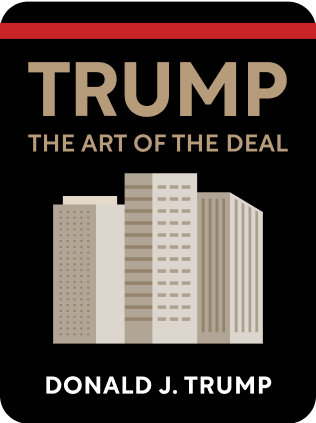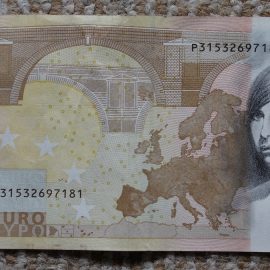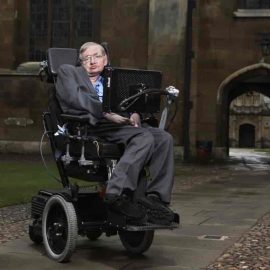

This article is an excerpt from the Shortform book guide to "The Art of the Deal" by Donald J. Trump. Shortform has the world's best summaries and analyses of books you should be reading.
Like this article? Sign up for a free trial here .
What was Donald Trump like growing up? What were the biggest early influences on his character and business acumen?
Trump is a born-and-raised New Yorker. Growing up, Donald Trump’s biggest influence was his father, Fred Trump, who was tough both personally and professionally. Donald learned about business, toughness, and efficiency from helping his father in his housing business.
Read about Donald Trump growing up.
Donald Trump Growing Up
Growing up, Donald Trump and his four siblings were comfortable and well-cared for, but their parents always instilled in them the value of hard work. At the age of 13, Donald Trump’s father, Fred Trump abruptly sent him to the military school where Donald became the captain of the cadets in his senior year. He was also the captain of the baseball team. His baseball coach, a teacher, and former Marine drill sergeant was an imposing man who had a big impact on Trump. This teacher was physically and emotionally tough and intimidated most people—not unlike Donald Trump’s father. However, Trump forged a relationship with him by showing respect for the teacher as well as confidence in himself.
Although he didn’t care much about schoolwork, academics came fairly easily to Trump. He enrolled at Fordham University, but after two years transferred to the University of Pennsylvania’s Wharton School of Finance. The most important things he took away from Wharton were:
- The understanding that he shouldn’t put too much stock in academic credentials
- The understanding that other people are highly impressed by academic credentials, and that a Wharton degree carries a lot of weight.
Like Father Like Son
Growing up, Donald Trump’s biggest influence was his father, Fred Trump. who was tough both personally and professionally.
He’d work with his father during school breaks, and as soon as he graduated from Wharton, Donald joined Fred’s business full time.
Donald enjoyed much of the business, but a few aspects of building and running rent-stabilized and rent-controlled buildings didn’t appeal to him.
First, Donald wanted a business with bigger profits. Not only would that mean more cash in his pockets, but also that he could be more creative with the design of the buildings. Donald wanted to construct buildings with luxury and stunning design details—like the glass curtain wall he’d later include on the facade of Trump Tower—that would be excessive and out of place in middle-income apartment buildings.
Second, a small portion of tenants in the rent-stabilized and rent-controlled buildings was disrespectful and even violent. Collecting rent could be dangerous when tenants didn’t want to pay. Additionally, some tenants trashed the property out of ignorance or indifference. Donald wanted a different kind of clientele.
Ultimately, Donald had his sights set on more glamour and bigger profits in Manhattan. While he inherited his father’s work ethic, he got his mother’s love for grandeur. The combination of the two helped him to create bold buildings and large profits.

———End of Preview———
Like what you just read? Read the rest of the world's best book summary and analysis of Donald J. Trump's "The Art of the Deal" at Shortform .
Here's what you'll find in our full The Art of the Deal summary :
- What Donald Trump says about his early life before the White House
- The 11 principles Trump says guided his business decisions
- How the West Side rail yards project proved to be a challenge for Trump






